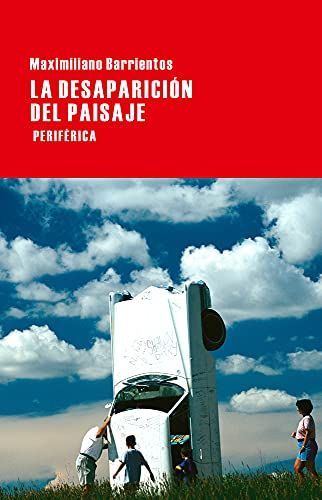
La desaparición del paisaje
A modern epic, La desaparición del paisaje tells a story not just of reconciliation, but also of alienation, how when you return to a former place of affection it can feel as if you are a stranger. Vitor Flanagan leaves home from Santa Cruz, Bolivia, for the United States. His mother died when he was young, and as he entered adulthood he began to understand that leaving was the only way to avoid turning into his own father, an alcoholic who fought with anyone who approached him, because in the art of violence there was a rhythm by which he could endure the death of his wife. Twelve years later, Vitor returns to his hometown after having lost touch with everyone he knew. His father has died, but his ghost lives on. With themes of blame, mourning, alcoholism, vengeance, recovery of the left-behind, and middle-class Bolivian life, this novel has the voice of Vitor's father omnipresent, both harmful and redeeming. It deals with the responsibility of outliving your loved ones and the ethics of taking on that kind of solitude--the solitude of being a survivor.